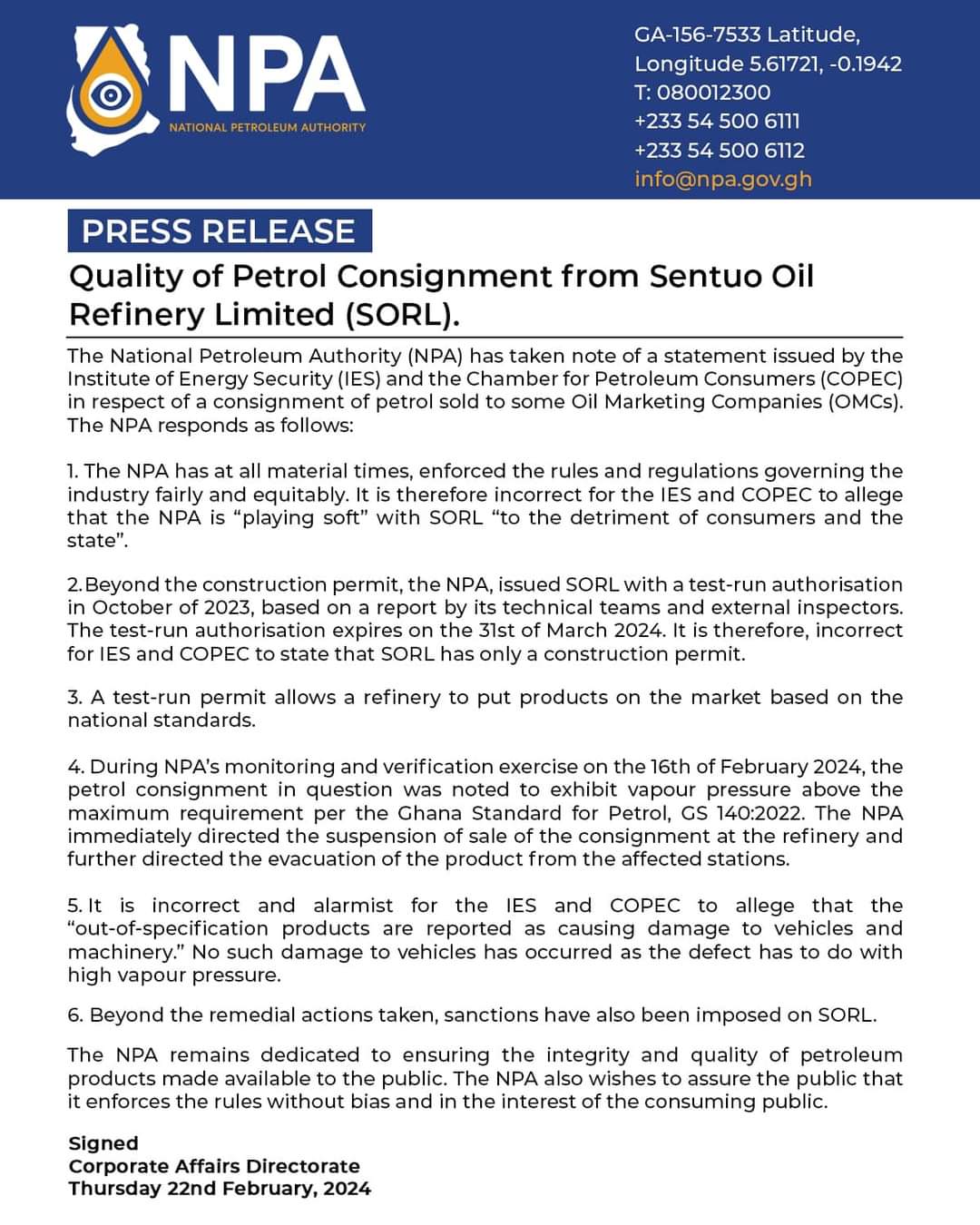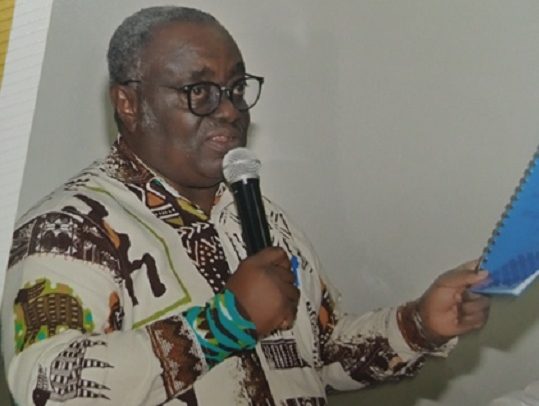
DR Congo's Katanga Mining said Tuesday it had temporarily suspended cobalt sales from its Kamoto mine after detecting the presence of radioactivity from uranium, making the cobalt unsafe for export.
Katanga, which is owned by Swiss mining giant Glencore, said cobalt sales and exports from Kamoto would be halted until further notice.
"The presence of uranium was recently detected in the cobalt hydroxide produced at the Kamoto Project in levels that exceed the acceptable limit allowed for export of the product through main African ports to customers," it said.
At the same time, the "low levels of radioactivity detected in the uranium to date do not present a health and safety risk", it said.
Cobalt production at the mine was to continue without reduction, and further tests were ongoing as the company explored "various options to mitigate the impact of the sales suspension".
Katanga said it was planning to build a so-called Ion Exchange system by the middle of next year to remove the uranium from the cobalt.
DR Congo produces around half of the world's cobalt, which is used for lithium-ion batteries in mobile phones, but also increasingly in the car industry as the production of electric vehicles rises.
Uranium, a rare element, is naturally radioactive and mined essentially for use in nuclear power stations and to build atom bombs.
Read Full Story














Facebook
Twitter
Pinterest
Instagram
Google+
YouTube
LinkedIn
RSS